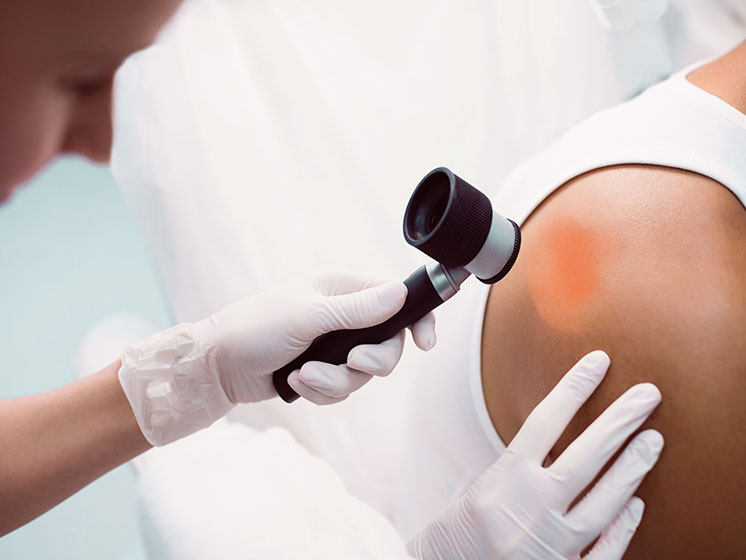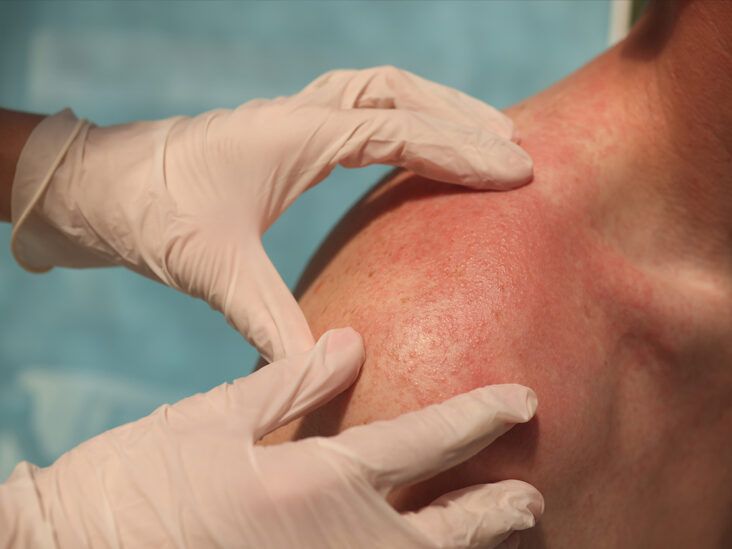Consult with a dermatologist specializing in mohs surgery for skin cancer treatment with high precision.
Consult with a dermatologist specializing in mohs surgery for skin cancer treatment with high precision.
Blog Article
Mohs Surgery Explained: A Trick Treatment in Dermatology for Taking Care Of Skin Cancer Efficiently
In the world of dermatology, Mohs surgical procedure stands as an essential procedure for combating skin cancer, particularly basal cell and squamous cell cancer. This elaborate surgical method, developed by Dr. dermatologist. Frederic E. Mohs, prioritizes the exact excision of cancerous skin layers, leaving healthy and balanced tissue untouched. But just what makes Mohs surgery so efficient and just how does it add to favorable client end results? As we dive deeper right into the process, its benefits, and possible issues, the true worth of this procedure becomes progressively evident.
Comprehending the Essentials of Mohs Surgery
Although it may appear complicated, Mohs surgery is a specific surgical strategy utilized predominantly to deal with skin cancer cells. The main aim of Mohs surgical treatment is to remove all cancer cells while saving as much healthy and balanced tissue as possible. Its precision and high success rate have made Mohs surgical procedure a foundation in dermatology, using hope to people worldwide.

The Procedure: Step-by-Step Break Down of Mohs Surgical Treatment
While Mohs surgical procedure may appear challenging, recognizing the step-by-step treatment can help debunk the procedure. If cancer cells are discovered, the doctor gets rid of one more layer of skin and the process is repeated. This cycle continues until no even more cancer cells are located, guaranteeing the total elimination of cancer cells while protecting as much healthy and balanced skin as feasible.
The Advantages of Mohs Surgical Procedure in Skin Cancer Treatment
An impressive variety of patients have uncovered the unique benefits of Mohs surgical treatment in their battle against skin cancer cells. Related to for its accuracy, this technique targets cancerous cells while protecting surrounding healthy and balanced cells, bring about minimal scarring. Its high precision minimizes the opportunity of cancer reoccurrence, providing individuals with assurance. The procedure is commonly done on an outpatient basis under neighborhood anesthesia, making it less straining on the body than more intrusive surgical treatments. Further, as it includes immediate microscopic assessment of the gotten rid of cells, it guarantees complete cancer cells elimination in a single check out. Therefore, it removes the requirement for numerous surgical procedures, conserving time and decreasing stress and anxiety for patients. Mohs surgical procedure offers an exceptional alternative for effective skin cancer cells therapy.
Possible Risks and Issues Associated With Mohs Surgery
Regardless of its various advantages, Mohs surgical treatment is not without prospective threats and complications. Like all surgeries, it lugs a risk of infection, blood loss, and an adverse response to anesthesia. In unusual instances, individuals may experience nerve damage, resulting in pins and needles or weak point in the area of surgical treatment. There's likewise the possibility of a reappearance or spread of skin cancer cells, specifically if all malignant cells were not entirely gotten rid of throughout the procedure. Marking is another issue, as it can be recognizable depending on the dimension and area of the cured area. Finally, the psychological influence of a skin cancer diagnosis and succeeding surgical treatment must not be taken too lightly, as it visit site can result in anxiousness and depression in some people.
Planning for and Recouping From Mohs Surgery: What to Expect
To her latest blog ensure the most effective possible result from Mohs surgical procedure, people need to sufficiently get ready for the procedure and recognize what to anticipate throughout recovery. Prep work usually involves an in-depth conversation with the doctor regarding the person's medical history, current drugs, and potential allergic reactions. Some medications may need to be stopped prior to the surgical treatment to reduce blood loss. Postoperative treatment is essential for successful recuperation. Patients might experience moderate pain, inflammation, or swelling, which can be handled with recommended medicines. They are recommended to rest, avoid difficult activities, and maintain the surgical website clean and completely dry. Normal follow-ups are essential to check healing and discover any type of issues early. The key to recovery is clients' adherence to their healthcare company's guidelines.
Final thought

Report this page